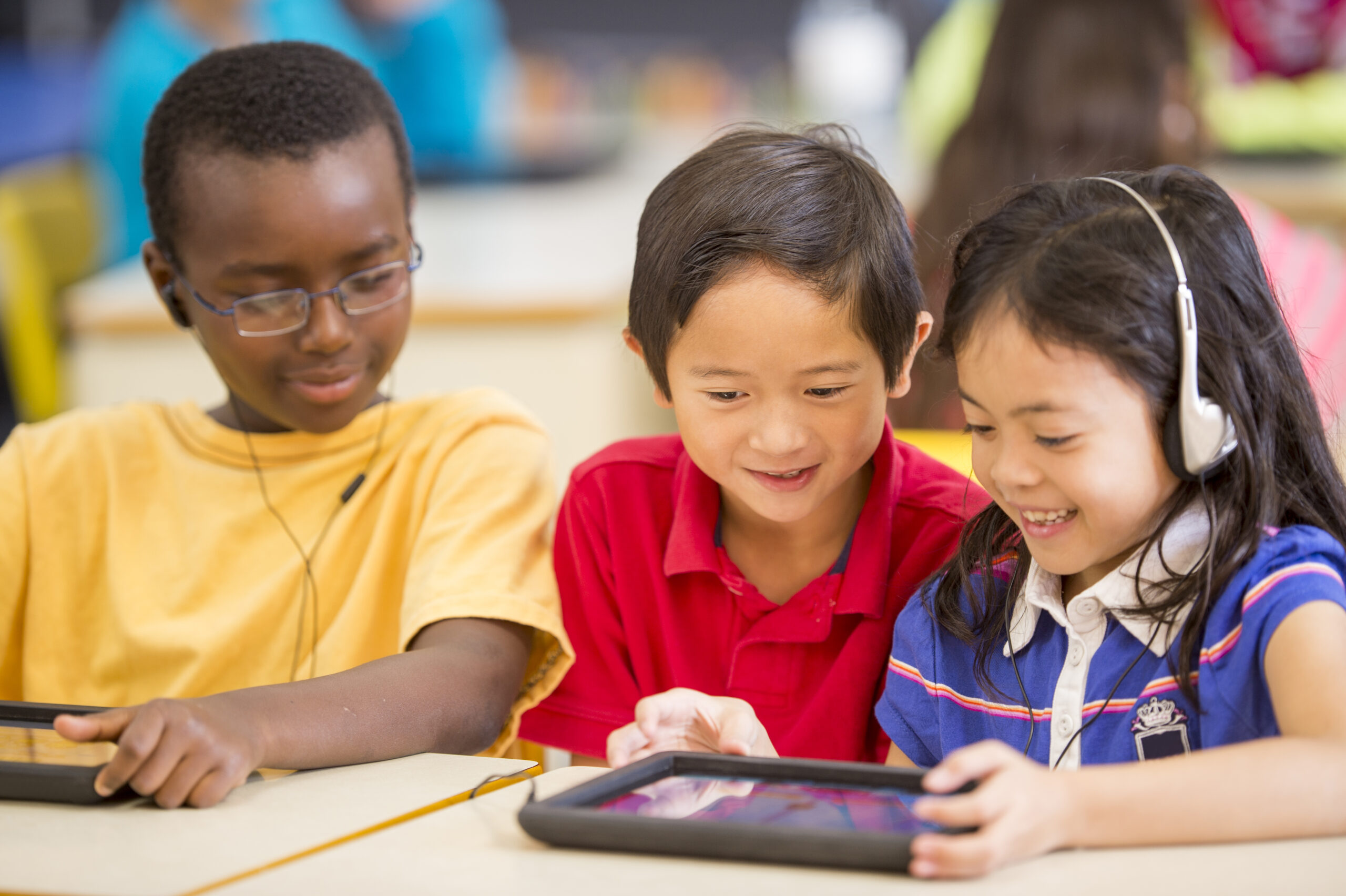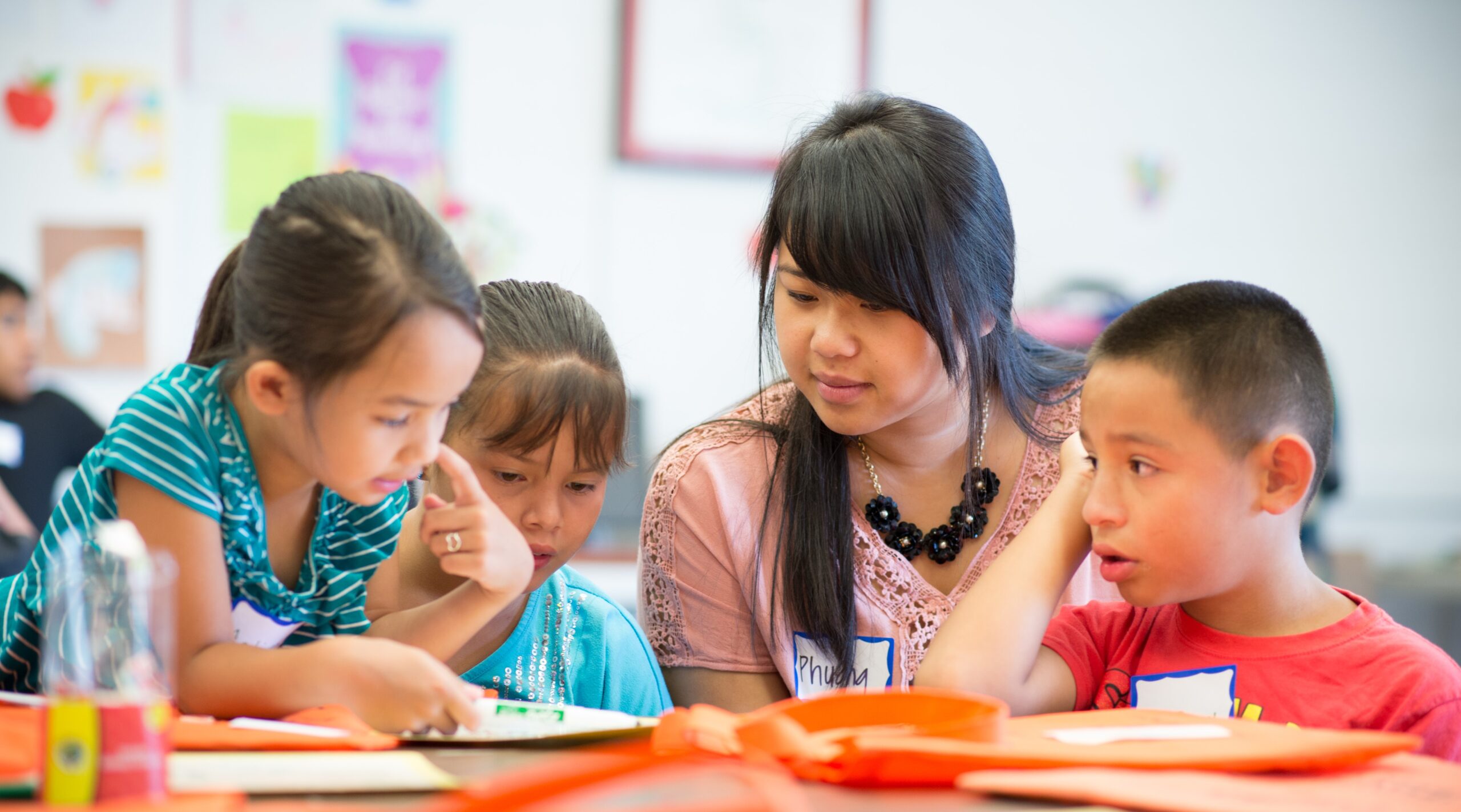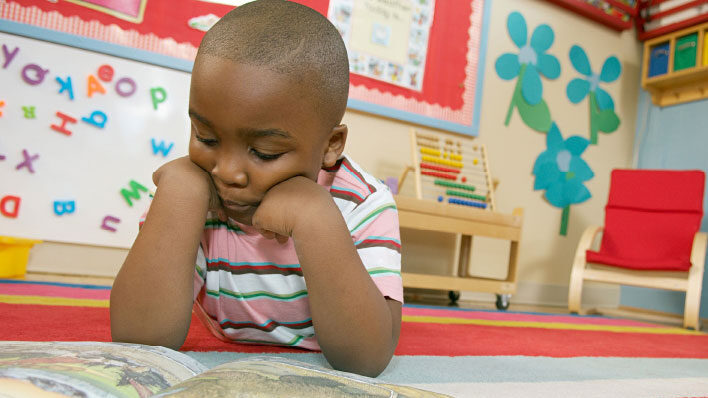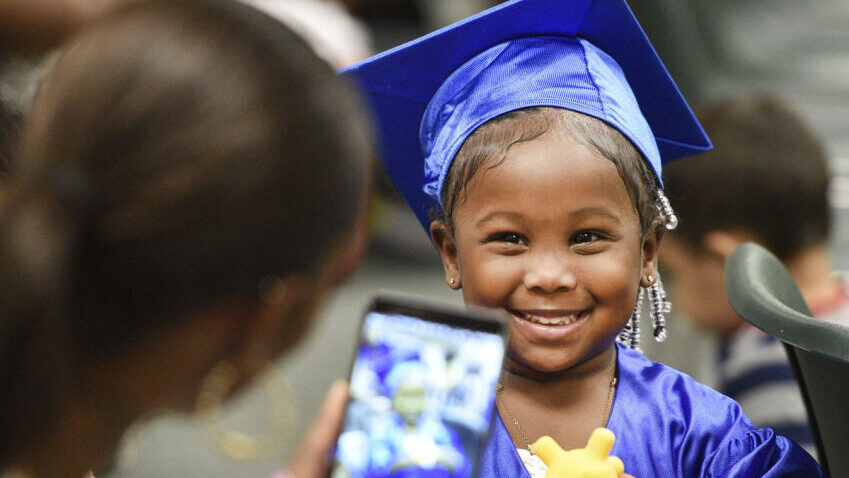
Siobhan O'Loughlin Reardon
Senior Fellow, Everyday Places & Spaces Initiative
Campaign for Grade-Level Reading
Public libraries are an essential partner to the Campaign for Grade-Level Reading. They provide critical resources, foster a love of reading, and provide resources and support for parents and caregivers to help them promote literacy at home.
In an age dominated by digital screens and fleeting attention spans, public libraries are steadfast beacons of knowledge, nurturing children’s literacy and stimulating lifelong learning. Beyond their traditional role as repositories of books, public libraries have evolved into dynamic community hubs, offering resources and programs tailored to enriching a child’s educational journey. Public libraries provide myriad ways to support children’s literacy and learning, serving as indispensable allies in the quest to cultivate generations of informed, curious and empowered individuals.
When considering the primary function of a public library, the first and foremost priority is to provide free access to a wide array of resources, including books, e-books, audiobooks, educational materials and multimedia resources. By offering diverse collections that reflect various cultures, perspectives and interests, libraries engage young readers and promote inclusivity, broadening their understanding of the world and fostering empathy. However, the true impact of public libraries lies in their well-developed early literacy programs. These programs, such as storytime sessions, interactive workshops and parent-child reading programs, create nurturing environments where children develop crucial pre-reading skills. They lay the foundation for future academic success and instill a lifelong love of reading and learning, making public libraries pivotal in promoting early literacy.
One can’t envision a summer without a local library’s summer reading program. A cornerstone of the Campaign for Grade-Level Reading, summer reading programs and access to literature prevent the erosion of academic gains made during the school year. Summer vacation often poses a risk of “learning loss” for students, particularly those from disadvantaged backgrounds. Public libraries take a proactive stance against this phenomenon, offering engaging, often playful, summer reading programs that incentivize children to continue reading during the long summer break. By doing so, they not only prevent learning loss but also foster a love of reading that extends beyond the academic year.
During the school year, many public libraries provide homework help and tutoring services, helping children who may require additional academic support. By fostering a supportive learning environment outside the classroom, libraries reinforce the importance of education and empower children to succeed academically. In addition, proficiency in digital literacy is essential for any child’s future success in an increasingly digital world. Public libraries offer computer access, internet connectivity and technology workshops to bridge the digital divide and equip children with essential digital skills. From coding classes to multimedia production workshops, libraries empower children to harness the potential of technology for learning, creativity and innovation.
Ultimately, public libraries are indispensable pillars of support for children’s literacy and learning, offering a rich tapestry of resources, programs and services that empower young minds.










